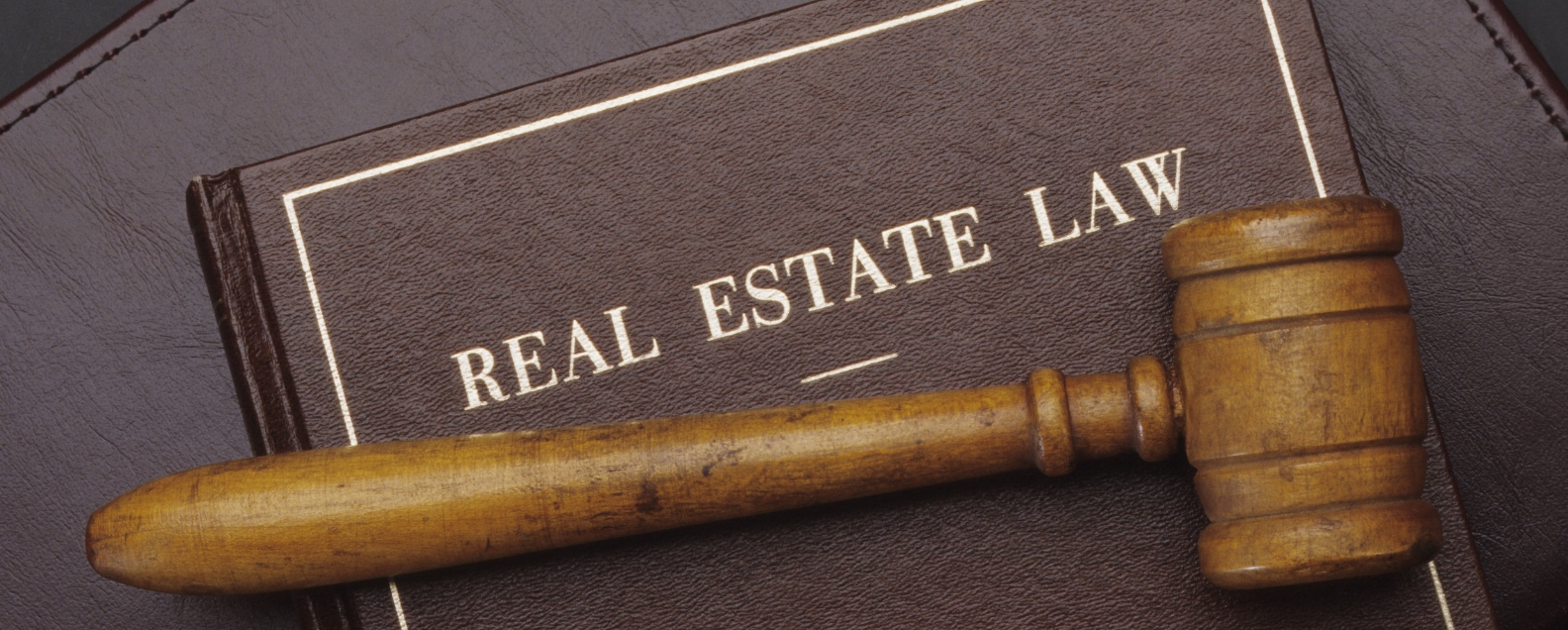Guide to Buy a Home in New York | Assembling Your Team of Professionals
Guide to Buy a Home in New York
3.0
Team of Professionals
ASSEMBLING YOUR TEAM OF PROFESSIONALS
To begin the process of buying a home, you should assemble a team of real estate professionals that includes a real estate broker, a bank loan officer or mortgage broker, and a real estate attorney. As with most teams, the stronger the individual players, the more successful you will be in achieving your goal so choose carefully and thoughtfully the individuals who will make up your team.
Real Estate Broker
Often, the first person consulted about buying a home is the real estate broker. To find an effective broker who can steer you though the complex maze of home buying, get referrals from neighbors, friends, colleagues, your lawyer, or financial advisor. You should look for a broker with whom you feel comfortable, not anxious and pressured. The broker should specialize in neighborhoods where you want to live, return phone calls and emails promptly,, answer questions readily, and inform you about new listings. Not only will your real estate broker be your conduit to available properties and your aide in negotiation, he or she also will coordinate the activities off the other team members, such as the home inspector and the real estate attorney. By doing your homework to find an experienced broker, you will have someone in your corner that can assist you at almost every step of the transaction, particularly with the selection and comparison of properties and the negotiation of the purchase price and with the preparation of your purchase application board package when purchasing a co-op or condo apartment. Best of all, there is no cost to working with a broker since the brokerage commission is paid by the seller.
Loan Officers and Mortgage Brokers
To obtain a home loan, most purchasers enlist the help of a bank loan officer or mortgage broker. In addition to processing your loan application, the loan officer or mortgage broker will evaluate your financial situation, pre-qualify you for the loan amount that you can afford, and calculate your monthly loan payments.
Mortgage brokers are not lenders (although in some instances, they can act as the Lender); rather they arrange and negotiate the conditions and terms of loans from lenders on your behalf. Bank loan officers are employees of the lender and have direct access to the underwriters who make the decisions on whether or not to prove a loan. Your satisfaction in the process of buying a home may greatly depend on your relationship with, and the competency of your loan officer or mortgage broker. If the application, processing and underwriting go smoothly, it can be a simple process. If you encounter problems with your loan, it can turn into a stressful nightmare. Many purchasers have found that going directly to their bank, even if they have a long-standing banking relationship, affords them no better terms and conditions than those offered by a mortgage broker or the bank loan officer of another bank. Both loan officers and mortgage brokers will assist you in preparing and submitting a loan application to a lender and will explain all aspects of the loan process. in most instances, the mortgage broker's service is free to the purchaser since the mortgage broker's fee is paid by the bank lending the funds and the loan officer is paid by the bank for each loan that he or she originates.
Real Estate Attorney
You should always retain the services of a real estate attorney who is licensed to practice in the State of New York and is experienced in representing home buyers. You need an attorney because of the inherent conflict of interest between purchasers and sellers. Once a contract is signed, the rights and obligations of the parties are fixed. You should hire an attorney before you sign any documents related to your purchase.
Prior to signing a contract to purchase a home, your attorney should perform a thorough due diligence review of the underlying documents relating to the home. For a house purchase, your lawyer should examine the deed, the title report and survey, the certificate of occupancy, and any documents that may be recorded against the property, such as easements and restrictive covenants. For a condo or co-op purchase purchase, your lawyer should examine the offering plan and amendments, the by-laws, the rules and regulations of the building (regarding pets, guests, alterations, repairs, noise, nuisance, sublet policies and home occupations), the board's meeting minutes, the financial statements of the co-op or condominium for the last two years, the proprietary lease (for co-ops), the number of owner-residents, the number of investment apartments, assessments history, construction and repair and major capital improvements, the underlying mortgage, and the existence of lawsuits, if any. Your attorney's investigation and analysis of a house's underlying documents and physical and financial status and history should identify any serious problems with the building and enable you to make a decision about whether or not your want to purchase a particular home or apartment.
Once a seller has accepted your offer to purchase, the seller's attorney will prepare a contract and send it to your attorney. Your attorney will review the contract with you, explain the conditions and terms contained in the Agreement, and give you an estimate of the closing costs. Most attorneys will negotiate with the seller's Attorney to include an additional rider to the contract containing terms that further protect your interests in connection with the purchase. Once you and the seller have agreed to all of the terms of the contract, first you and then the seller will sign the contract. Your attorney should send a copy of the signed contract to your loan officer or mortgage broker wince he or she will need a copy of the contract to process your loan application. After you receive a commitment from your lender agreeing to make a loan to you (known as the "Commitment Letter"), your attorney will review its terms and will explain any conditions contained in the Commitment Letter. Your attorney also will order a title report (for a condo or house purchase) or a judgment and lien search (for a co-op purchase) after the contract is signed to examine the title to the property and to identify any liens or encumbrances filed against the seller or the property that must be removed prior to or at the closing. If you are purchasing a house, your attorney will schedule the closing as soon as all title conditions have been cleared and after you have obtained clearance from your lender to close the loan. If you are purchasing a co-op or a condo unit, besides needing clearance from your lender, you will have to wait until you have been approved by the co-op corporation or condominium board. As soon as all the necessary approvals and clearances have been obtained, your attorney can schedule the closing with the seller's attorney, your lender's attorney, and the building's managing agent. Your attorney will prepare preliminary closing statement containing a list of the bank and personal checks required for the closing and will attend the closing with you to explain all loan and closing documents that you will be required to sign. After the closing, your attorney will provide you with a final closing statement and copies of all documents that you signed at the closing.
Source: Keith A. Schuman




